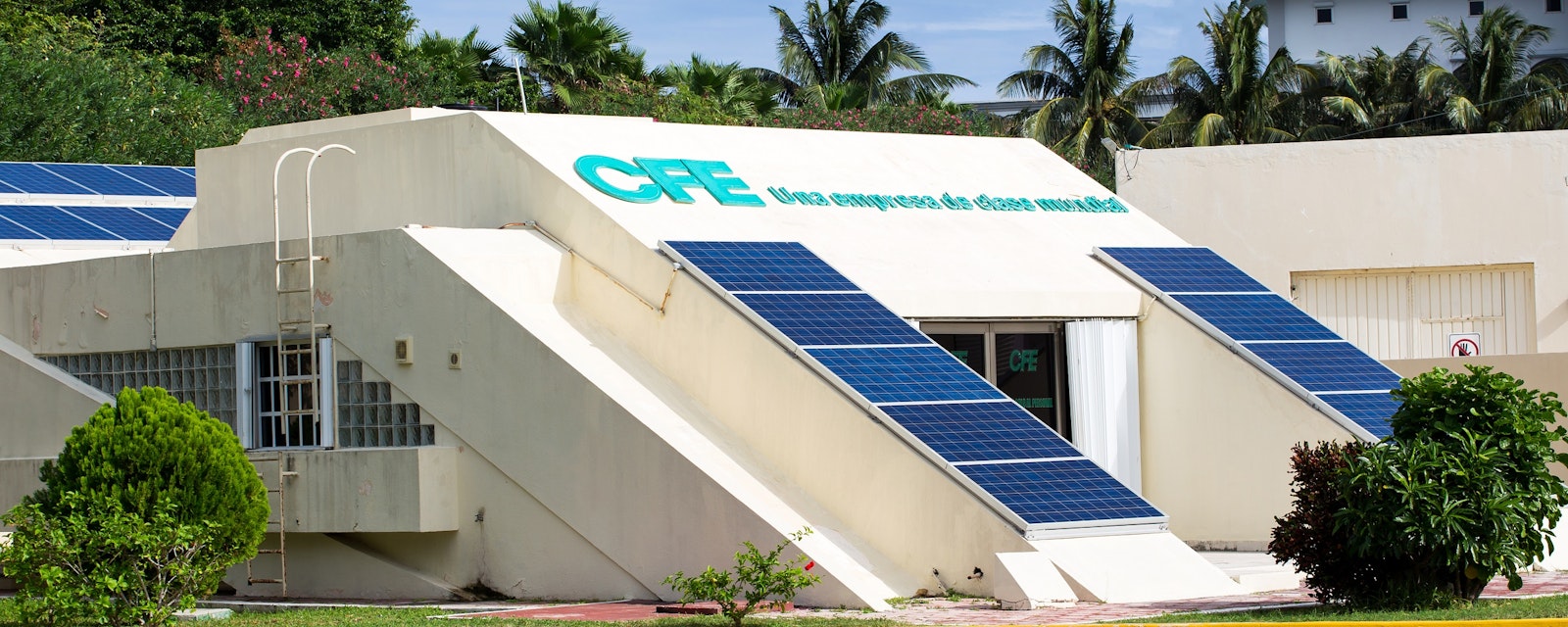In the wake of recent power outages, it is increasingly clear that President Andres Manuel Lopez Obrador (AMLO) intends to double down on his pursuit of energy nationalism. In the immediate term, events of last week are being added to the official justification for controversial electricity sector reforms that would alter grid dispatch rules to benefit the state-run CFE electricity utility. The reform initiative went to the lower house for a plenary debate on 23 February, despite concerns over its cost, legal, and environmental implications, not to mention its impact on investor sentiment.
The recent power outages demonstrated structural flaws in Mexico’s electricity system. Mexico is heavily reliant on one energy source (natural gas) from a single supplier (the US) and one US state in particular (Texas). At the same time, domestic natural gas production is in decline, while bid rounds that would help raise local output are in stasis. Meanwhile, domestic storage capacity is inadequate. Additionally, the CFE stopped hedging against price spikes even though a significant proportion of gas is purchased on the spot market.
Much of this pre-dates AMLO. However, many of these issues were on the radar of the previous administration and initiatives were underway to address some of them. It is AMLO who has exacerbated the situation by reversing or freezing these initiatives. The suspension of bid rounds is an obvious example. The cancellation of plans to increase natural gas storage to protect against price volatility and supply problems is another. In fact, AMLO has been notably blasé about supply, stating as recently as last August that Mexico enjoyed an overabundance of natural gas.
Moreover, AMLO’s diagnosis and solutions go in the wrong direction. AMLO’s opposition to private sector participation in the energy sector means that there will be no room for supply diversification unless it involves and benefits the CFE. The primary lesson – in AMLO’s eyes – is that over-reliance on the US underscores the need for energy self-sufficiency, which can only be achieved via an empowered, dominant CFE. In this context, a ban on out-of-state natural gas deliveries briefly implemented in Texas at the height of last week’s crisis played into AMLO’s hands.
At the same time, AMLO is seemingly deaf to the charge that the state lacks the capacity and capital to take on the challenge of raising natural gas production, increasing storage, and serving the electricity grid single-handedly. AMLO also rejects criticism about state inefficiency; on 22 February, AMLO brushed aside a report from the government auditor (ASF) that uncovered waste and irregularities at the Dos Bocas refinery and laid bare the government’s downplaying of the cost of the 2018 decision to cancel the development of the new Mexico City airport at Texcoco.
Legal challenges to the electricity reform initiative could still cause it to be diluted; a Senate vote will be required once lower house approval is achieved. On the natural gas front, change could take time to materialize. The logic of cheap natural gas prices (severe cold snaps notwithstanding), plentiful supplies, and an extensive pipeline infrastructure built up in recent years remains persuasive. Even so, investor caution in the energy sector will persist. AMLO has already leaned on regulators in pursuit of his plans, which suggests that he will look for regulatory cracks wherever he can in his retrograde pursuit of energy nationalism.




